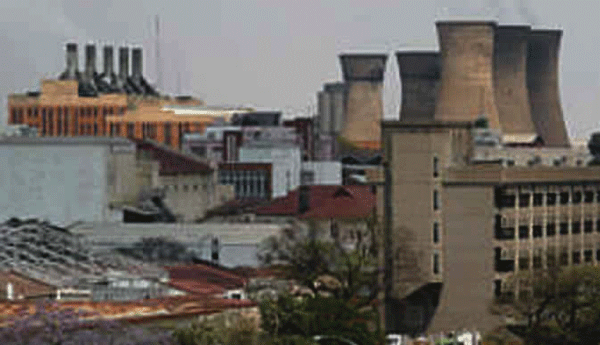
TWO weeks ago the Confederation of Zimbabwe Industries (CZI) indicated in its 2020 Manufacturing Sector Survey that capacity utilisation, a key statistic that measures how much of industries’ installed capacity is being utilised, increased to 47% last year from 36% in 2019.
This was good news, considering the importance of the manufacturing sector to the economy.
A well-functioning manufacturing industry creates employment in the host economy.
A strong manufacturing sector boosts the country’s foreign currency reserves through exports, thereby boosting the national fiscus resulting in a domino effect downstream which catapults economic recovery.
However, we are worried that as industries are growing elsewhere as pointed out by CZI, the growth might not be at the same scale in the southern parts of the country, especially in Bulawayo, a city that was once Zimbabwe’s industrial hub.
Bulawayo industries may be operating at a capacity as low as 25% this year because many of the city’s problems, particularly water shortages, have not been resolved.
These problems have become part of residents daily talk, having affected Bulawayo and companies in some parts of the country for decades.
Because of that, they now seem to be small issues when they are discussed, yet they are important factors that determine how our people survive.
- Chamisa under fire over US$120K donation
- Mavhunga puts DeMbare into Chibuku quarterfinals
- Pension funds bet on Cabora Bassa oilfields
- Councils defy govt fire tender directive
Keep Reading
Perennial water problems, a power crisis and foreign currency problems are some of the issues that immediately spring to mind.
Bulawayo’s companies are also affected by lack of capital because banks fear that the challenges affecting the former industrial hub may lead to non-performing loans.
This argument holds water because banks operate under a tight regime, because of the need to spike a balance between loans and sustainability.
But this is where government must come in and guarantee cheaper loans to boost industries.
Very little has happened on this front, excerpt in 2011 when the Ministry of Industry and Commerce introduced the Distressed Industries and Marginalised Areas Fund, which had a particular focus to bailing out Bulawayo industries.
Before we knew it, the funding was looted.
CEOs bought themselves luxury cars and mansions as the companies they led continued to collapsed.
This must not be allowed to recur.
We must see a revived Bulawayo taking centre stage in national recovery.
But this can only happen with proper planning.











